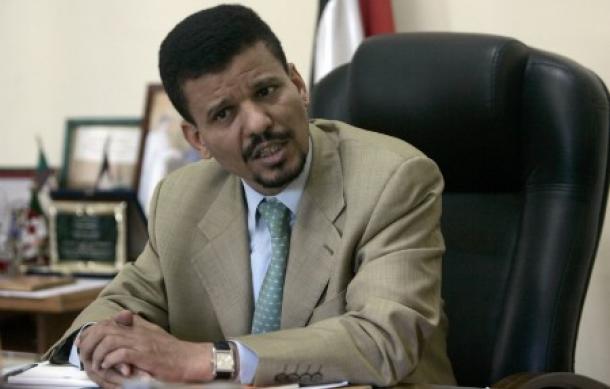
Sahrawi and Namibia could cooperate in the areas of renewable energy, agriculture, and fisheries.
However, this economic potential is being hindered by the Moroccan occupation of that country.
These were the sentiments expressed by that country's Ambassador to South Africa, Mohamed Beisat on the sideline of the Swapo Elective Congress.
Ambassador Beisat commended Namibians for their continued support to the Sahrawi people and their rights for self-determination.
Beisat stressed that the two countries share common geographic features which could translate to economic promises.
"I am sure that both countries can cooperate and be leading in both fisheries and in arid countries."
Both Namibia and Western Sahara are semi-arid to arid countries, with an abundance of fisheries and marine resources.
In addition, the country has an abundance of solar energy, capable of translating into an economic powerhouse for the continent.
However, Beisat says it is regrettable that such potentials remain locked since Morocco invaded Sahrawi.
"We have resumed the struggle and this time we won't stop until we have achieved total sovereignty of the Sahrawi Republic, the UN has been there for 30 years, the superpowers don't care, Morocco is stealing our land and our resources, violating the human rights."
There are consolidated calls for Morocco to respect international law, after the Court of Justice of the European Union, ruled that Western Sahara is a separate and distinct territory from Morocco.
The African Court of Human and Peoples' Rights also recently held that there's a need to find a permanent solution to the Moroccan occupation of Western Sahara.
Beisat was, however, quick to point out that this time around, there won't be a ceasefire, unless there is a date for a referendum and a total guarantee that the agreements will be respected.





